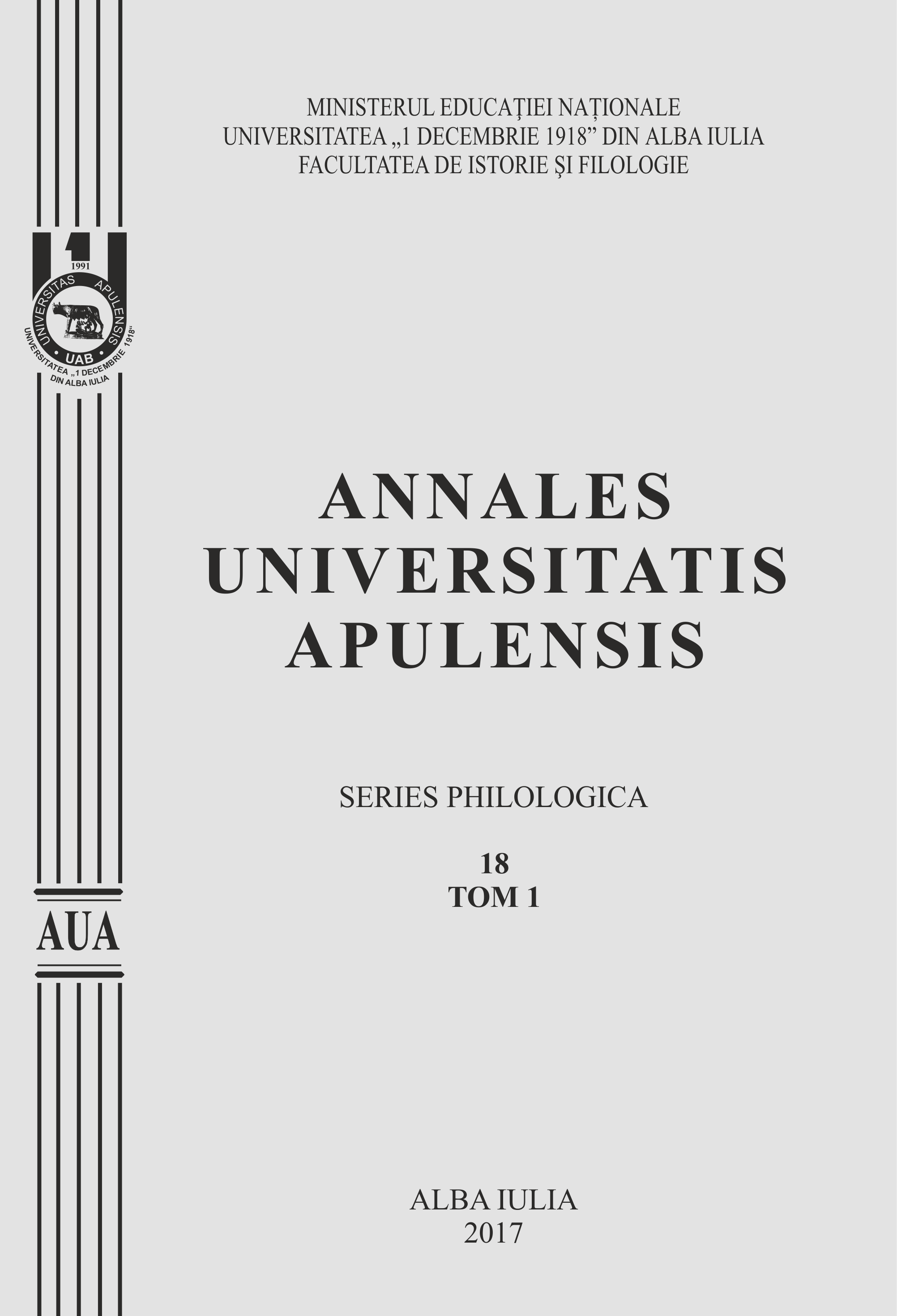EXPÉRIMENTATION EN INGÉNIERIE DIDACTIQUE À VOCATION FORMATRICE : L’IMMERSION RÉCIPROQUE ET LE TANDEM LINGUISTIQUE
A TEACHING EXPERIMENT WITH A FORMATIVE VALUE : MUTUAL IMMERSION AND LINGUISTIC TANDEM
Author(s): Ana Coiug, Aurora Băgiag, Alexandrina Tomoiagă, Alina AndreicaSubject(s): Language and Literature Studies
Published by: Universitatea »1 Decembrie 1918« Alba Iulia
Keywords: inguistic tandem; mutual immersion; cultural exchange; support language; formative dimension
Summary/Abstract: Our study researches a teaching experiment performed at the University of Medicine and Pharmacy ‘Iuliu Hatieganu’, Cluj-Napoca. The experiment consisted of joining two student groups with different mother tongues – in our case, Romanian and French – with the purpose of learning each other’s language. The teacher supervises a class formed of two linguistic groups, and (s)he proposes activities based on specially conceived teaching materials. The subjects of the handouts are aimed at the interests students may have, as members of a community, and as human beings, homo loquens. This type of activity and the personal affinities creates a human relation, doubled by a professional one. However, this relation exceeds the measurable objectives of a linguistic and cultural exchange. Our scope is to analyze the students’ feedback, as it was expressed in 25 synopsis handouts and 2 recordings of oral testimonies. The feedback analysis focuses on how these academic exercises enrich the participants from the perspective of pragmatic communication goals, and from the perspective of actual teaching activities. We will exemplify our these by a case study on an atypical tandem, in which French was perceived as a neuter support language, given the fact that the mothertongue of each student was Romanian, respectively Arabic. A neuter support language should attract a mediation, by somehow limiting the communication content to be exchanged. Even if it seems a valid possibility, it appears that this type of tandem develops exchange strategies which focus less on the linguistic dimension, and more on the cultural dimension in a large sense: mentalities, religion, customs, family. It is also true that, even by means of a neutral support language, the formative dimension, with a strong relational and spiritual component, is updated in the case of this cultural contact which functions a priori as an academic exercise.
Journal: Annales Universitatis Apulensis. Series Philologica
- Issue Year: 18/2017
- Issue No: 1
- Page Range: 617-629
- Page Count: 13
- Language: French

